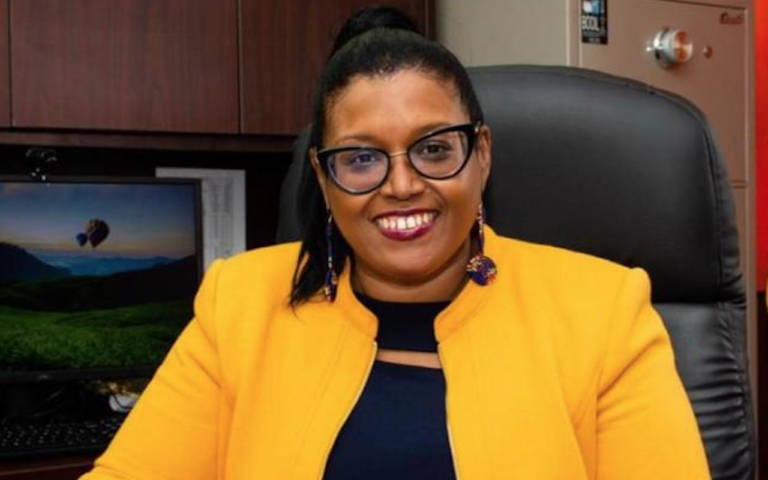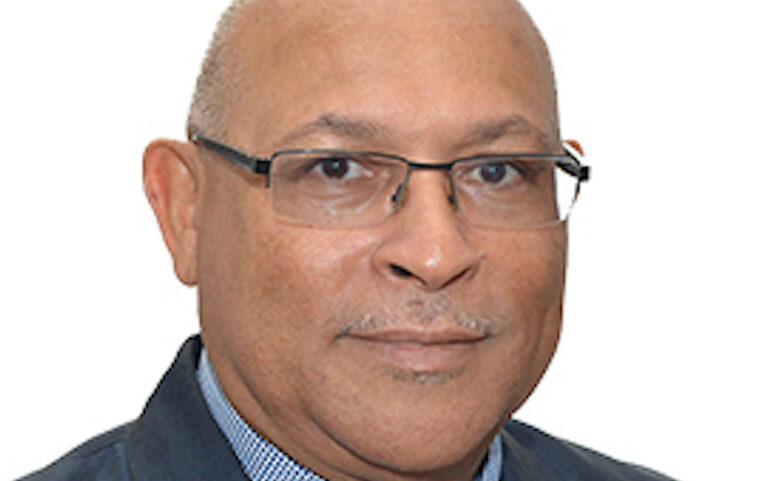![]()
Barbados will be one of the first two Caribbean countries in which a common central bank digital currency (CBDC) is to be rolled out.
Officials say the CBDC will help to foster economic development and propel the Caribbean Community (CARICOM) Single Market and Economy (CSME), while enhancing financial inclusion in the region.
On Friday, Dr Jan Schröder, one of the principals behind the proposed digital currency, Carib Dollar (Carib$), said a lot of work has already gone into planning and a whitepaper had been developed.
Started last year, the CaribCoin project as it is being referred to is a joint venture between Schröder, the Chief System Architect, and the Caribbean-based technology accelerator Abed Ventures.
Schröder informed a webinar that Carib$ would first be rolled out in Barbados and Jamaica and then other Caribbean countries.
However, renowned regional financial and economic expert Marla Dukharan suggested that each country in the region could do well with their own digital currency while adding that there was especially a need for a cross-border settlement system, similar to what existed more than three decades.
Pointing to some of the benefits of a digital currency, Schöder said it allowed for faster transactions and was more accessible, safe, sustainable and stable.
“There is an opportunity using digital money. Let’s think about creating pan-Caribbean digital money. So, if you want to buy pineapples as a grocer in Barbados from Jamaica, you just use this currency; you don’t have to exchange to US dollar from the Barbadian dollar and then back to the Jamaican dollar, just use this one digital money across the Caribbean. It would deliver seamless, faster and cheap payments, provide liquidity and enable fast-track towards CSME without a need to replace national currencies, which really is a hassle if you want to go that way,” said Schöder.
He explained that while the digital currency would be based on “good faith” like that of the fiat currency, its stability would also be backed by a basket of Caribbean digitised financial assets and commodities and it would be governed and pegged as defined by Caribbean public and private stakeholders.
“We propose using distributive ledger technology for a sense of safety,” he added.
“We are not just talking, we are building it. June 17, we will have a workshop with businesses to design the trade finance applications for this. This year, we will create an MVP [minimum variable product] with these solutions for trade finance and launch within two countries – Barbados and Jamaica – within six months from now. This is our plan to set this up.”
Schröder gave the assurance that officials associated with the project will look at the possibility of having the Carib$ work offline in the case of power outages, as he also assured that it will be safe against cyber-attacks.
“We still have to set up the business plan, we are just in the phase of setting up a product and doing product-market fit at the moment,” Schöder said, adding that a part of the idea was to reduce the costs for regional trade.
According to the chief system architect, it would start with businesses before a “trickle down”, with the possibility of having salaries being paid using that digital currency.
Dukharan said while countries already had the capacity to allow for settlements within their borders, the Carib$ sounds “technically, like an idea that could work” although she added that “you have the issue of conversion, you have the issue of onboarding and offboarding”.
She said the digital currency was something CARICOM was committed to exploring, while indicating that the Caribbean Settlement Network which was launched in June 2019 was trying to convince the regional bloc to move ahead with such an initiative.
“I feel personally that the safest solution is for different countries to issue their own CBDC and then we have a settlement mechanism between each of the CBDCs and there is interoperability between the networks and you connect all the CBDCs, and each transaction is settled by a conversion using smart contracts around the conversion of the currencies from one into the other,” Dukharan said.
“You can use the US dollar benchmark because that is where we are now, but it does not mean you have to convert to the US dollar. You just use it as a benchmark to value the currency at the point of the transaction and you have a solution there.”
The economist warned that without a cross-border settlement solution, problems could arise where vendors choose to pay in their own currency for goods from suppliers from different countries, disadvantaging the suppliers.
“We will continue to see our intraregional trade be dwarfed by our extra-regional trade, we will continue to see the food and fuel security that we are trying to build stymied by the fact that we cannot trade effectively with each other outside of the use of US dollars,” she added.
“The Central Banks have to agree and the network of the digital currencies have to be connected and there has to be some work around driving that interoperability and connectivity.” (MM)
The post Digital currency coming for Barbados, rest of region appeared first on Barbados Today.




















